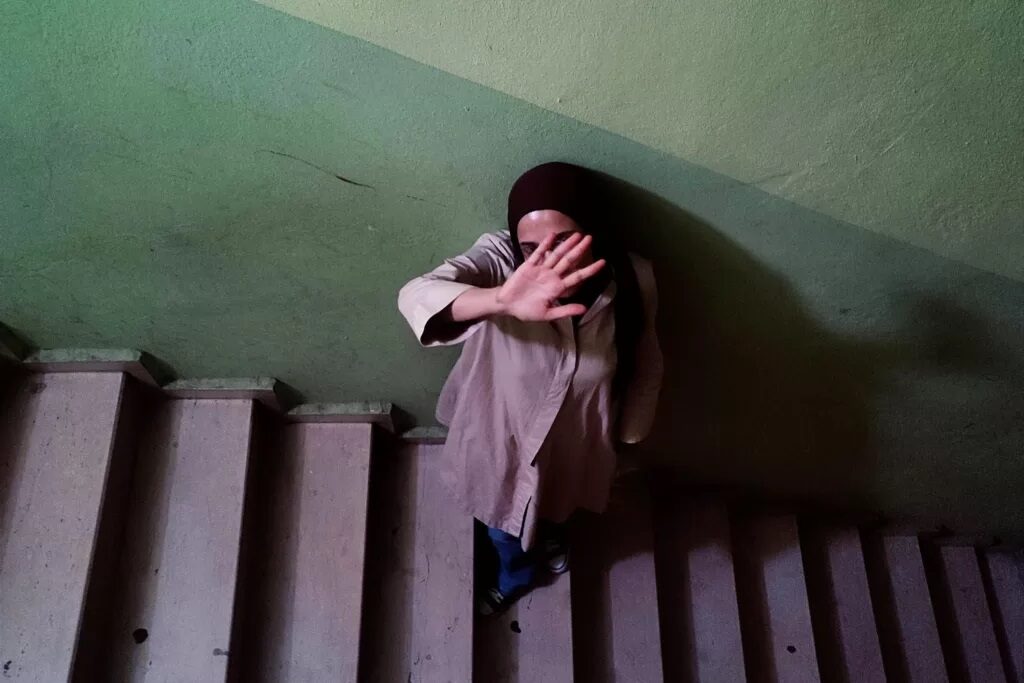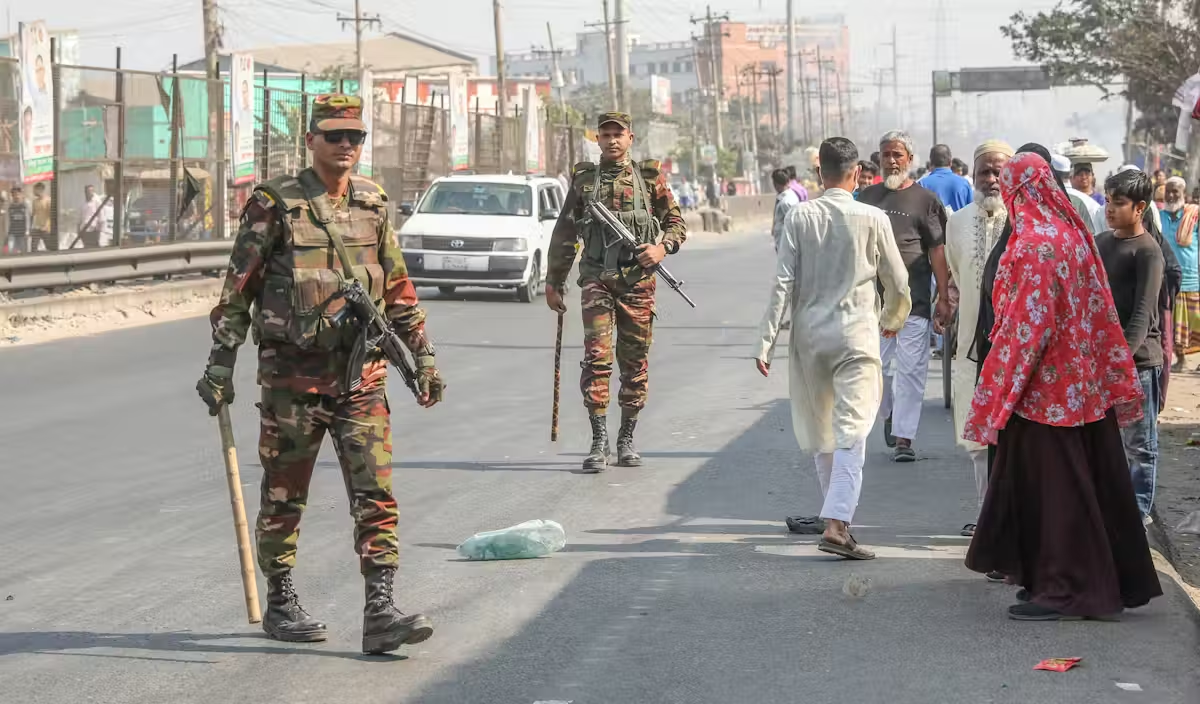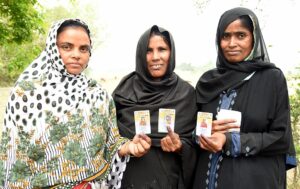A New Way To Fight Sexual Violence In Conflict Zones

Gender-based violence remains staggeringly widespread across the globe. Unless violence against women is dramatically reduced, the UN’s Sustainable Development Goal 5, Gender Equality, cannot be achieved (Pexels: Evin Oztep Free to use)
The UN has tried tackling conflict-related sexual violence for more than two decades, but its “add-women-and-stir” approach doesn’t go far enough.
Warning: The following story contains content that may distress some readers.
Gaza, Ukraine, Myanmar, Syria, Yemen, South Sudan and the Democratic Republic of the Congo: The world is witnessing the highest number of active conflicts since World War Two.
Where there is conflict, there is often sexual violence — which can include rape, sexual slavery, forced pregnancy, forced abortion, and forced marriage.
More than two decades after the UN Security Council passed the landmark Women, Security, and Peace Resolution 1325 — which explicitly calls for women and girls to be protected in conflict situations and affirms the significance of women’s participation in peacebuilding — conflict-related sexual violence remains rife.
The UN reported 2455 verified cases across 20 conflicts in 2022 alone. The real number is likely to be much higher: the vast majority of cases are never reported, partly because of the sensitivities and stigmas surrounding sexual violence.
Women and girls made up 94 percent of cases in 2022.
Rape has been reported in the Russian-Ukraine war, as well as the Democratic Republic of Congo, which had 701 verified cases, the most reported by the UN. In one nine-day period in November 2022, 66 women were raped at Kisu by M23 militias to warn and punish civilians supporting rival armed groups.
Rape also happens in detention settings. Survivors of the civil war in Myanmar have testified that rapes as torture were common tactics deployed on activists in state custody. In Syria, sexual violence has been perpetrated against detained women, men, girls and boys, the Independent International Commission of Inquiry on the Syrian Arab Republic found.
Alarmingly, children made up one-third (32 percent) of all verified cases.
In Sudan, RSF militias have targeted girls and women leaving places of refuge for school, work, or seeking medical help. In Iraq, among the Yazidi survivors who returned from ISIS captivity and forced marriage, hundreds remain in displacement sites grappling with significant mental health challenges. Some have children born of rape.
In Gaza, Human Rights Watch and the United Nations have flagged that women and girls are especially vulnerable to sexual violence. As Human Rights Watch has explained, the Israel government’s blockade of medical supplies, clean water, and electricity to Gaza will likely leave any such survivors of sexual violence untreated — at risk of spreading sexually transmitted diseases, infections, and severely unhygienic conditions.
Conflict-related sexual violence is not always committed by national armies directly: As my research has explored, state-sponsored militias also commit these acts, alongside non-state entities such as armed rebel groups, and guerrillas.
While conflict-related sexual violence has been promoted as policy and strategy in extreme cases of ethnic cleansing and genocide, it is much more common for that sexual violence to occur due to “commander’s tolerance”, where acts are neither prohibited nor an explicit policy.
Critical feminist perspectives suggest practical measures to address sexual violence in conflict. Some argue the “add-women-and-stir” framework of Women, Peace and Security resolutions has failed to address the fundamental structures of masculine militarism at the crux of pervading sexual violence in conflict.
Contrary to the UN-popularised “weapon of war” narrative, sexual violence rarely unfolds under explicit military directives. Instead, armed groups, national governments, and institutions – characterised by toughness, aggression and domination – underpin implicit tolerance for sexual violence and its proliferation in conflict.
This means unless there are purposeful steps to disrupt and change gender and social relations, sexual violence in conflict will persist. So too, will relations of domination that sustain conditions for conflict such as exaggerated ideals of manhood that have often justified military action, and allowed military personnel to dehumanise women and minority communities.
Resolving conflict-related sexual violence, therefore, should involve moving beyond merely centering gender within international security dialogues, but to rethink and address meanings of security that often necessitate the use of violence.
This will be no small feat.
The traditional view of security has been state-based and state-centric, defining security on the basis of national defence, border protection and military strength. But as Cynthia Cockburn has argued, this definition of security is “ill-designed to recognise civilian insecurities, and in particular women’s physical, sexual, and reproductive vulnerabilities in war”.
New definitions of “security”, as Arun Kundnani writes, should focus on “the building of institutions that foster social and ecological relationships needed to live dignified lives”.
This means a progressive defunding of military and intelligence institutions, as well as border infrastructures and the construction of alternative institutions that ensure women’s safety.
Policymakers could focus on anti-war collectives built around solidarity rather than threats, and reparations rather than militarised retribution and vengeance. For this to become reality, grassroots voices and communities need to be centered in policy-making.
Survivors of conflict-related sexual violence could not only be consulted, but become decision-makers in domestic and international processes, as they work towards more comprehensive state accountability and social justice for a more humane world.
This would require a paradigm shift in the way the international community treats conflict-related sexual violence – and the ways it values militarism and defines security.
(Originally published under Creative Commons by 360info™. Read the original article here)





